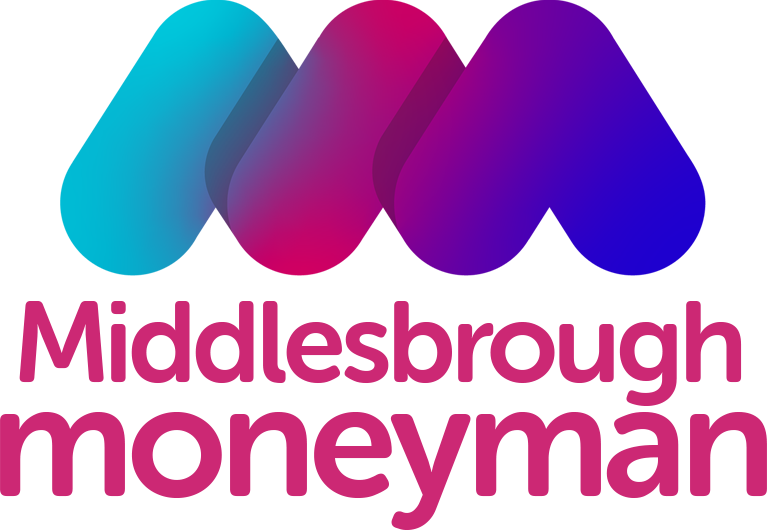When mortgage lenders request to pore over your bank statements, they are basically scrutinising several elements. The primary objective is to verify if you are a dependable debtor—someone who capably handles personal finances and can consistently meet monthly mortgage repayments. We frequently confront the query from potential mortgage applicants: “Will gambling transactions reflect poorly on my bank statements?”
Now, let’s explore some Mortgage Questions
Why should a lender bother about my betting activities?
Whether it’s about placing occasional bets on the Grand National or routinely engaging in online wagering, legal gambling is undoubtedly permissible. It’s a common feature in TV commercials lately. However, many perceive gambling as a casual hobby or interest.
An essential point to remember, however, is that all adverts encourage responsible gaming – a significant factor to bear in mind when applying for a mortgage. While it’s beyond a mortgage lender’s jurisdiction to dictate your expenditure or speak on responsible gambling, they do carry the responsibility of adhering to lending regulations and acting responsibly. As lenders must be cautious about their clientele and demonstrate responsibility to regulators, it’s not outlandish to expect applicants to exercise the same degree of caution with their finances. Consider your own situation; if you were to loan money to someone, you’d want guarantees that they can repay you, right?
Would recent gambling transactions obstruct my mortgage application?
As we’ve already pointed out, gambling is legal and a lender can’t prevent you from engaging in it. It doesn’t automatically disqualify you from a mortgage either. Applicants with gambling habits have to deal with the fact that it’s the lender’s discretion to approve of your transactions as reasonable and responsible. Therefore, the lender will evaluate the frequency and size of these transactions, their ratio to your income, and their impact on your bank balance. Simple, infrequent transactions with a negligible impact on credit score would not likely raise issues with lenders. However, recurring, substantial transactions could lead to rejection.
Anything else that lenders might dislike seeing on my bank statements?
As we’ve explored earlier, mortgage lenders investigate how you handle your finances to determine your reliability as a borrower. But it’s also important to remember that these institutions offer an array of financial services like current accounts, overdrafts, credit cards, personal loans, which will also factor into a mortgage application. The crux for an applicant lies in how well they manage these services. For instance, using an overdraft sparingly may not be an issue, but frequently exceeding it may adversely count. Lenders will also consider any late loan repayments or unmentioned loans – secrecy, even if up to date with payments, is a strike against you.
How long you spend overdrawn each month is vital too, indicating how viable repaying a mortgage is for you.
How can I improve my situation?
The best advice is to be prudent and plan where possible. Lenders typically scrutinize the past three months’ bank statements, reflecting regular income and outgoings.
So if you’re considering applying for a mortgage, it’s smart to exercise caution ahead of time. Take a break from gambling to present your account in the best possible light. Regardless, your mortgage broker in Middlesbrough will be able to assist, as some lenders may be willing to accept fewer bank statements.
However, bear in mind that even the most lenient lenders may request more information if necessary. Always remember the golden rule: Gamble responsibly!
This is important not only for your financial well-being but also for your mental health. Rely on Your mortgage broker If you’re a first time buyer in Middlesbrough, consult a specialist mortgage advisor. We are proficient in securing mortgages for clients with bad credit – there are always alternatives, even if your credit history is less than perfect!
Date Last Edited: June 4, 2025














